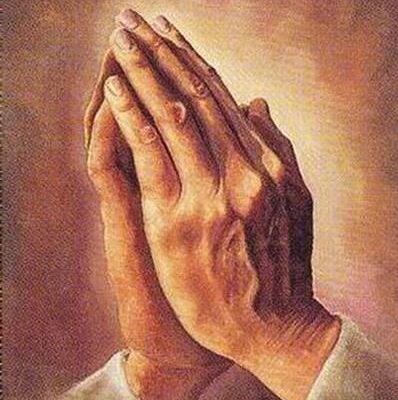VATICAN CITY (CNS) — A Benedictine abbot and a Capuchin cardinal will offer spiritual meditations on the needs of the Catholic Church to the cardinals preparing to elect a new pope, according to the Vatican press office.
Benedictine Father Donato Ogliari, abbot of St. Paul Outside the Walls in Rome, will offer the first meditation soon after Pope Francis’ funeral April 26, said Matteo Bruni, director of the Vatican press office.
Cardinal Raniero Cantalamessa, the retired preacher of the papal household, will offer the second meditation inside the Sistine Chapel before members of the conclave begin to vote. Because Cardinal Cantalamessa is 90 years old, he is not eligible to participate in the voting.
The meditations should focus “on the problems facing the Church at the time and on the need for careful discernment in choosing the new Pope,” according to the apostolic constitution, “Universi Dominici Gregis,” containing the rules for running the church between the death or resignation of a pope and the election of a new one.
The two prelates were chosen April 24 during the third “general congregation,” the title for the daily meetings of cardinals before the conclave begins. As of April 24, the cardinals had not decided what day the conclave would begin.
Bruni said 113 cardinals participated in the meeting April 24. Cardinals who arrived in Rome after the April 23 general congregation took their oaths at the beginning of the meeting.
Cardinals are obliged to “promise, pledge and swear, as a body and individually, to observe exactly and faithfully all the norms” governing the period between the death of a pope and the election of a new one, and “to maintain rigorous secrecy with regard to all matters in any way related to the election of the Roman Pontiff.”
The College of Cardinals currently has 252 members. The 117 cardinals who are ineligible to vote, mainly because of age, are still invited to participate in the general congregations. Bruni said he did not know how many of the 113 present April 24 were cardinal electors.
And while many of the cardinals still had not reached Rome, the cardinals began their discussions of the needs of the church and the world, with 34 cardinals speaking, Bruni said.
